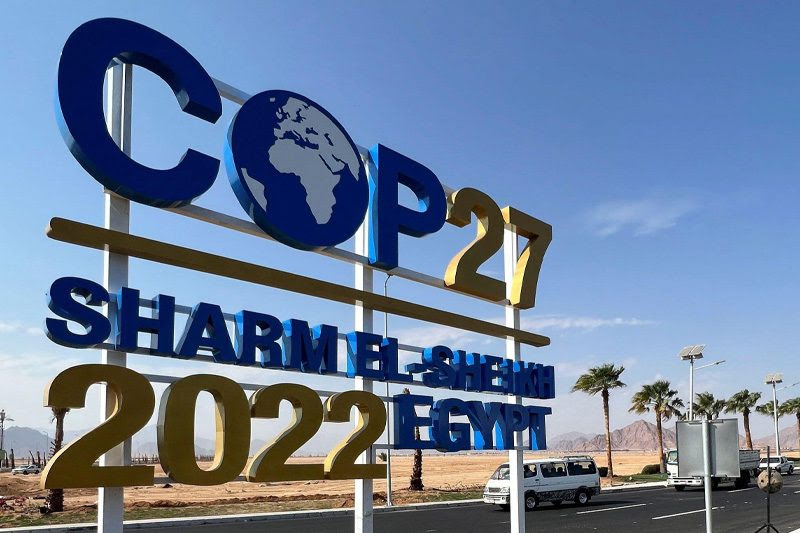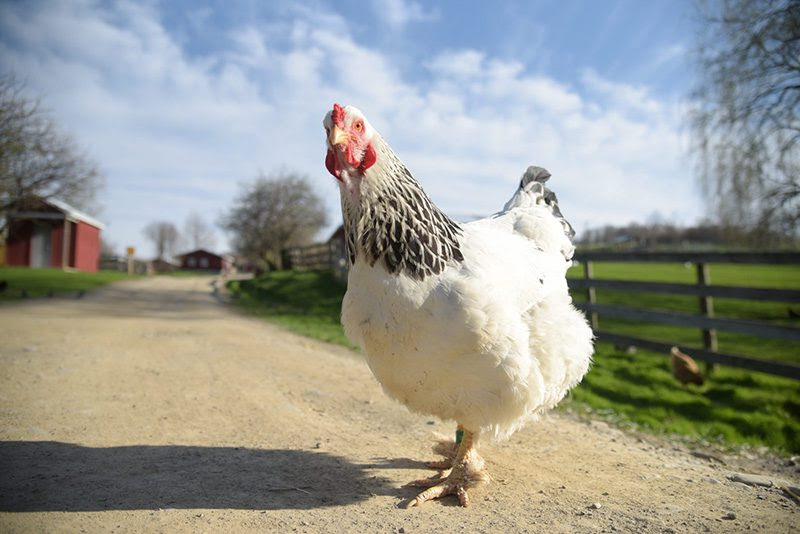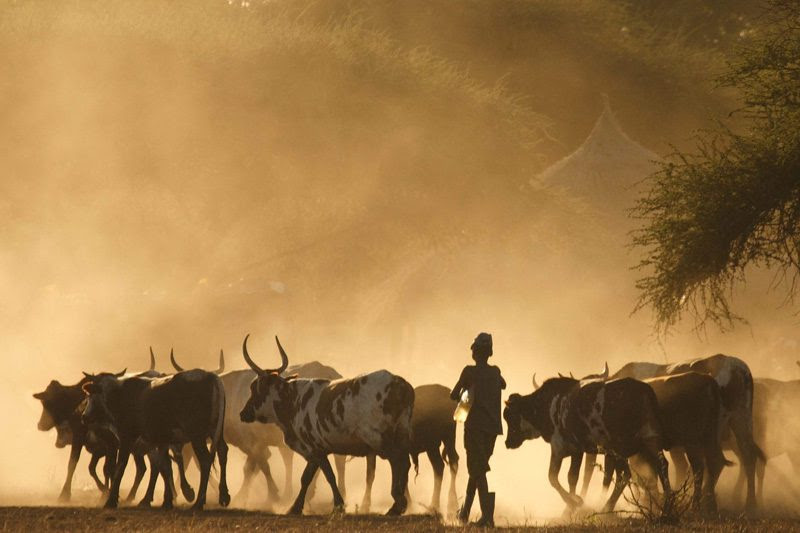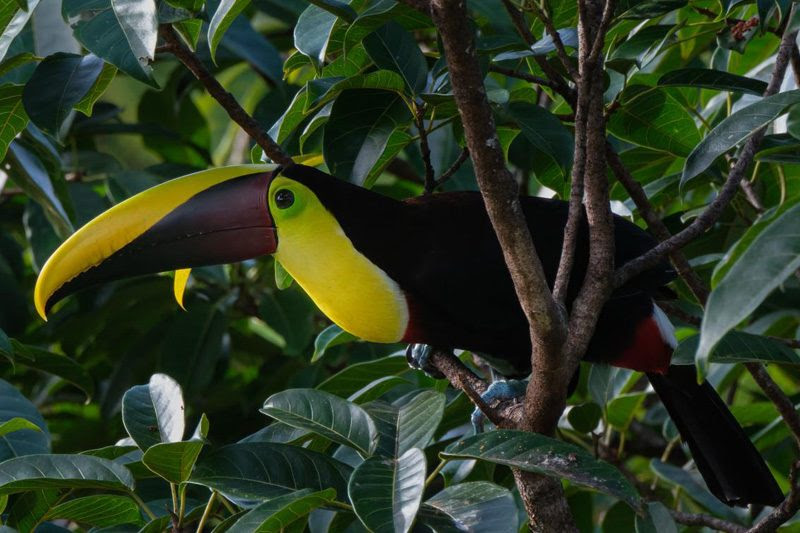
December 2022 Newsletter: Now and in the New Year: Protecting Biodiversity, Climate, and Rights

For a shared Earth, please support Brighter Green. As the world continues to warm and we witness more intense wildfires, floods, droughts, and other disasters as a result, Brighter Green’s work is more important than ever. Since our inception, our focus on interconnectedness has stood out, both in the environmental and animal protection movements.
We, people and animals, all have common needs. Clean water. Breathable air. Fertile soil. Intact forests. Habitat. A stable climate. And so much more. If we don’t create policies and practices that center the wellbeing, equity, and rights of all species, we may not have a livable planet for much longer. That’s why Brighter Green matters.

In the sections below, you’ll see why this approach matters, and how it’s reflected in our recent work. Brighter Green advocates for policies that address not just one nation, one climate solution, or one species, but instead, our shared past, present, and future. Through our written works, speaking at conferences and in classrooms, joining coalition campaigns, educating, influencing leaders, and developing new narratives and policies, we’re able to move the needle on key policies to support the living earth, and all its inhabitants.
As 2022 comes to a close, we thank you for supporting and engaging with us this year. We hope you have a wonderful holiday season and a happy, healthy, peaceful, and biodiverse new year. With your help, we look forward to continuing our work for a just and livable future in 2023 and beyond.
—Mia MacDonald, Executive Director
COP27 Moved Us in the Right Direction, But Too Slowly
COP27 was notable for establishing a fund for Loss and Damage, something our partners in the Global South have rightfully demanded. Wealthy countries in the Global North are responsible for the majority of historic emissions, so it’s only right that money for recovering from loss and damage caused by climate change should be paid to countries most impacted by climate change.
For the first time, the text of the cover decision mentioned food, nature-based solutions, and the right to a healthy environment. The language on food and food systems was not as direct and clear as we would have liked, but the momentum of plant-based food systems as part of the climate solution is increasing. This year’s COP was the first to include four food-focused panels and event spaces. Among them was the Food4Climate pavilion, which Brighter Green was a partner for. The pavilion prominently featured plant-forward solutions and investigated some of the thorny aspects of food systems transformation for a world where warming is held to 1.5 degrees Celsius.
Unfortunately, many of the outcomes we would have liked to see related to food and climate and animals and the environment were not at the center of negotiations, despite their visibility in the conference space. We’ll continue to pressure leaders to adopt plant-forward food policies and systems; preserve and restore wild habitat; recognize the toll the climate emergency is taking on animals, both domesticated and wild; and address carbon and methane emissions from agriculture.
For more information about COP27 and to watch the panels and official side event we participated in, please visit this page.
Sustainable Diets: Fostering a Just Transition Towards Resilient Food Systems
Could we reduce food prices, decrease greenhouse gas emissions, and free up an area of land the size of the Amazon rainforest, just by changing how we eat? Learn more about just transition at this official COP27 side event, co-organized by Brighter Green.
Watch the video of the panel here.
With climate disasters already upon us, we must take swift action to ensure our food systems are prepared. Alternative proteins can reduce emissions, and land and water use, and will likely be a part of transitioning from animal-based to plant-based food systems. But we must ensure the transition is one that centers justice in the industries being phased out and transitioned. This panel discussion explored what a just transition would look like and envisioned the resilient, equitable food systems we need, along with the role of alternative protein.
Speakers included representatives from ProVeg International, Israel’s Ministry of Environmental Protection, the World Food Programme, the Coalition of African Animal Welfare, Compassion in World Farming, Oatly, and FAIRR.
Sustainable Protein in sub-Saharan Africa
Executive Director Mia MacDonald was a reviewer for this recent report called Investment, Power and Protein in sub-Saharan Africa, published by TABLE, a consortium of four universities focused on knowledge synthesis, critical thinking, and inclusive dialogue centered on the future of food and food systems.
The report investigates protein consumption habits in the sub-Saharan region, noting that daily animal protein consumption is significantly lower than global averages. Unfortunately, this is frequently paired with food insecurity and undernourishment. How then, are we to address food security while protecting animals and the environment as the region’s GDP grows and people add more protein to their diets? The report explores ways that investors view Africa’s protein economy, along with ways they can support animal- and environmentally-friendly proteins in the region.
This work also advances Brighter Green’s interest in making better known the consequences of large-scale animal agriculture in Africa, and encouraging better policy-making and collaboration. In this context, we also signed onto a statement on climate change and animal agriculture issued before COP27 by a partnership of African civil society organizations. In part, the statement says:
“We cannot tackle climate change without addressing food systems. GHG emissions from industrial farms in the Global North have worsened the climate change crisis, while the Global South, where the poorest of the poor live, is the most vulnerable, and continues to be disproportionately affected by the climate crisis. . . . We seek to change how [food] systems work by ending industrial livestock farming and reorienting support mechanisms to agroecological and regenerative systems.”
Read the full statement here (PDF).
We Must Protect Biodiversity to Save the Planet
Brighter Green joined partner organizations in calling on leaders at the 15th Conference of the Parties of the Convention on Biodiversity (CBD COP15) to protect all species from extinction by including Indigenous rights, women’s rights, and the rights of local communities in its binding biodiversity agreement. Starting on December 7, UN member states met to negotiate agreements that would determine the fate of biodiversity for future generations. Protecting existing biodiversity and recovering degraded biodiversity are crucial to the health and survival of our planet.
 Brighter Green
Brighter Green






